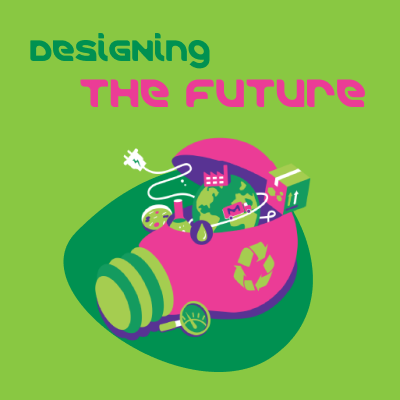Reducing our footprint
Climate change is one of the greatest challenges of our time. We believe effective action is the path to a healthier environment and strong business performance. Therefore, we are reducing our process-related emissions, improving our energy efficiency and purchasing more electricity from renewable sources.
Powering with renewable energy
In 2021, we signed our first virtual power purchase agreement (VPPA) with a green energy supplier. The VPPA guarantees that clean energy generated by wind farms meets 100% of our U.S. Life Science electricity consumption. This matches 65% of our total electricity consumption in the United States.

Our VPPA corresponds to the output of around 14 wind turbines. It’s a great initiative that sets the stage for our approach to expanding renewable energies.
Green building
In 2025, the Translational Science Center (TSC) at our global headquarters in Darmstadt, Germany, will open its doors to more than 500 scientists. This “green building” will generate energy for its own use and make excess capacity available to other consumers. The landmark project is part of our ambition to reduce our environmental footprint and become climate-neutral by 2040.

The TSC impressively demonstrates sustainable design and economic viability aren’t mutually exclusive.







It should hardly be news to anyone that flying harms our climate. To reduce our carbon footprint our goal is to transport less than 10% of our Healthcare products via plane.
Sabina Reggioli, Healthcare, Switzerland